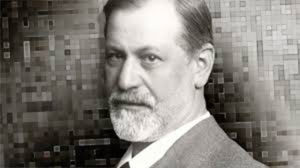Le langage du corps, premier jalon du travail interprétatif ?
Résumé
En deçà de l'accès à un langage affectif et communicationnel, l'usage des mots et leur pouvoir interprétatif sont inopérants.
Seul le langage du corps reconsidéré dans sa dimension libidinale permet un travail de figuration, préalable nécessaire à toute mise en sens. Dans ce contexte, l'acte posé par le thérapeute en réponse à l'expression corporelle de l'enfant a valeur interprétative et constitue le premier temps du processus psychothérapeutique.
Samenvatting
Het spreken drukt onze gevoelens uit en laat ons tevens iets kennen. Zolang we dit echter nog niet verworven hebben, blijft het gebruik van woorden onwerkzaam en niet in staat om iets te verklaren.
De lichaamstaal dient terug bekeken te worden in haar libidineuze dimensie. Alleen dan kunnen we er toe komen iets in beelden voor te stellen. Dit is een noodzakelijke voorwaarde voor en moet voorafgaan aan iedere zingeving.
In dat verband wijst de auteur er op dat de reactie van de therapeut op de lichamelijke expressie van het kind, een interpretatieve waarde krijgt. Het zal een eerste stap betekenen in het psychotherapeutisch proces.
Summary
Outwith the access to a language affective and communicational, the use of words and their interpretative power are inoperative.
Only the language of the body, looked at again in its libidinal dimension, allows the work of figuration, a necessary preliminary to any attribution of meaning. In this context, the act performed by the therapist in response to the bodily expression of the infant has an interpretative value and establishes the first stage of the therapeutic process.





